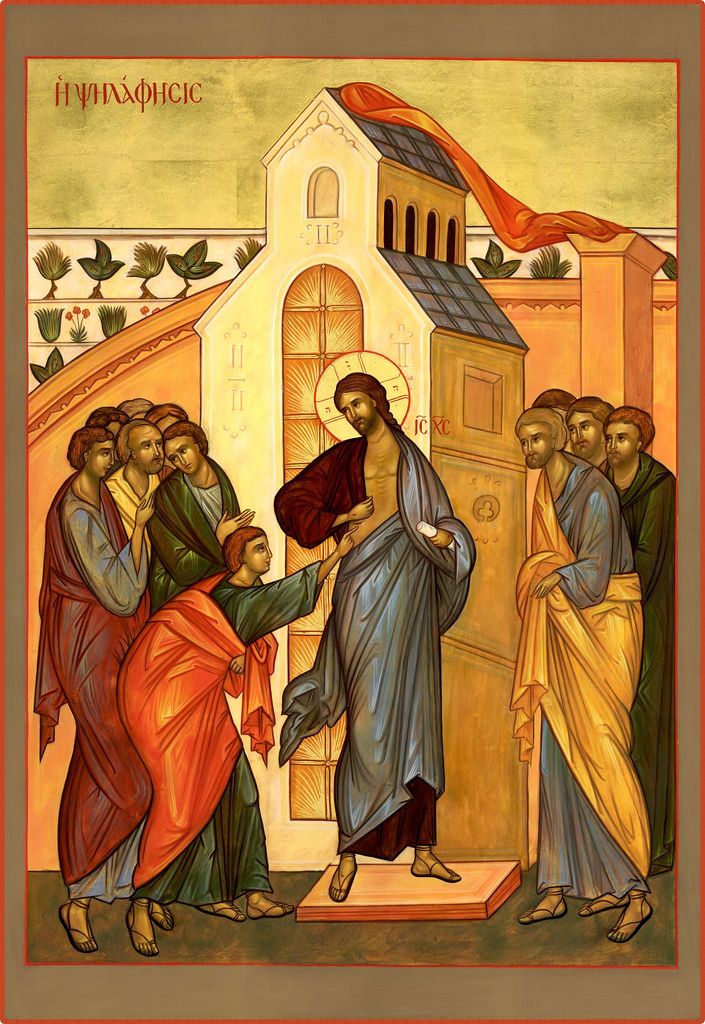|
By Fr. Nick Kotsis - I watched my fair share of Westerns when I was a kid. The plots were all pretty much the same. The only difference seemed to be that some cowboys sang (and never seemed to get dirty) and the cool ones didn’t sing (and always looked like a haggard mess). But I always liked the look of the towns, the saloons with the swinging doors, the general store (which always had everything the cowpokes needed), the guy whittling on the porch in a rocking chair, the look on people’s faces as the newcomer entered the tavern, the dusty streets, the Stetsons, the six-shooters, the tumbleweeds, etc. But I knew this was only Hollywood. There was no way real life could ever have been like that. Then we entered Panguitch, Utah. As I mentioned in my last article, Panguitch was a stop on our family’s road trip to California in 1990. Early the next morning, with a very long day ahead of us, we left the hotel and headed into town from some grub (Panguitch is the kind of town that does not have breakfast, they have grub). We found the restaurant in the town, parked outside, and headed in. We opened the door to the jingle of the overhead bells and immediately, all eyes were on us. Clearly, we were not from these parts. We must have looked like we came from the moon. The whole restaurant, about a third the size of our social hall, stopped and looked up. It was deathly silent. The steam from a few cups of coffee and the smoke from several cigarettes, highlighted by the rays of sun that pierced through the front windows, were the only ghostly movements we could detect. It seemed to me that even their eating gesticulations were frozen: one with a fork full of grits half-way to the mouth, mouth agape; the other with a mouth full of food making him look like a chipmunk preparing for the winter, but not chewing it as if it were chaw. Even the babies stopped crying! (Okay, perhaps that’s a bit of hyperbole.) I remember sitting down and it was still quiet as we looked at the menus. My dad whispered (and he was not a good whisperer), “Kanete isihia, kai fate!” “Keep quite and eat!” Now, this was both hilarious and terrifying. I thought it hilarious that dad pulled out the Greek here and that all of us easily understood it (my parents spoke fluently, but rarely in the house). I thought it terrifying that dad pulled out the Greek here – in the middle of nowhere, far from a cop that wasn’t a brother to one of these dudes – thinking that a foreign tongue might just bring about a knife to the gullet. Well, we ate in peace. After leaving, we headed to any store that sold ice. As we travelled, we kept a cooler in the back of the minivan (my parents had traded in the old Buick station wagon a couple years earlier). My father almost always drove, and sometimes, my mother would sit in the back and prepare sandwiches and things as we drove, saving time and money. We needed ice for the lunchmeats and things in the cooler. We found the store. An honest-to-Betsy General Store! The name was, “General Store!” There were a few steps that led up to the porch of the store. The steps, porch, railings and columns all were painted dark green and were all wooden. About ten feet to the right of the door was man, swaying in a rocking chair. He was elderly, and wore brown pants, a white, short-sleeved shirt with a tee-shirt underneath. He wore suspenders and what looked like black hush puppies. He donned a stately Stetson. His arms were weather-beaten and tanned; liver spots covered them. His hands were magnificent. They were strong and large. Their skin was wrinkled and leathery. Each line of those hands told a story of hard work and well-intended labor. Those hands told stories about moving more than a few clumps of earth; stories of tools and ingenuity and determination. And those hands were whittling! The man was rocking and whittling! The sign on the door read, “Ice: $1.” My dad told my brother to go inside and get a couple of bags. Lickety-split my brother was back, and my dad approached the man; “We have two bags of ice,” as he reached into his back pocket to get his wallet. “That’ll be ten dollars,” the man said, not looking up and continuing with his rocking and whittling. “Ten dollars?” My dad’s response was of incredulity. “Ten dollars,” again said the man without a moment’s pause. “But the sign says, ‘Ice, $1’. We have two bags of ice. So that’s two dollars,” as my dad took out a pair of Washingtons. As dry as a bone, and without a hint of anxiety or anger, the man replied, “You want ice?” “Well, yes,” said my dad. “Then that’ll be ten dollars.” My dad let out a quick burst of laughter, realizing that this ain’t his town, this ain’t his store, and there ain’t any ice for next 100 miles or so. Of course, my brother and I wanted my dad to put up a fight; this was an injustice! My dad took out a Hamilton and we headed to the car. I remember he paused for a moment before pulling away and gave a stare of admiration and half smile to that old whittler, knowing he had been bested, thankfully, without a six-shooter. As I remember that scene, all those memories of those old Westerns come back to me. The things in Panguitch were a proof for me that life did actually resemble some of those things I saw on television. All of us need proof of things. This is a good thing. It means we are using reason and our God-given faculties. I never begrudge the person seeking proof. St. Thomas was one of those types of people. As Orthodox Christians, we should be grateful for the proof St. Thomas sought. Unfortunately, St. Thomas has been afflicted with the appellation “Doubting.” This is a true injustice. Nowhere in the scriptures is he called “doubting.” He is called “the twin.” This idea of Thomas “doubting” is foreign to the Orthodox. Instead, we should look at St. Thomas as the person through Whom God’s Grace worked to show proof of the Resurrection! The Gospels are replete with proofs of all sorts, and no one more important than St. Thomas showing the world that, indeed, Christ was risen from the dead. (In fact, St. Thomas is extraordinarily brave (see John 11) and was the Apostle who probably travelled the longest and furthest of them all – going so far as India to preach the Gospel) As we honor St. Thomas this Sunday (and on October 6th) please remember that he should not be remembered as a doubter, but as one who sought proof. And our Lord and Savior Jesus Christ took that opportunity to deliver such proof to the world. Amen. Comments are closed.
|
AuthorsMessages written by the clergy of our parish. Archives
May 2021
Categories
All
|
© 2023
Saint Nicholas Greek Orthodox Church
3109 Scio Church Road, Ann Arbor, MI 48103
Phone: (734) 332-8200
Fax: (734) 332-8201
Saint Nicholas Greek Orthodox Church
3109 Scio Church Road, Ann Arbor, MI 48103
Phone: (734) 332-8200
Fax: (734) 332-8201


 RSS Feed
RSS Feed
